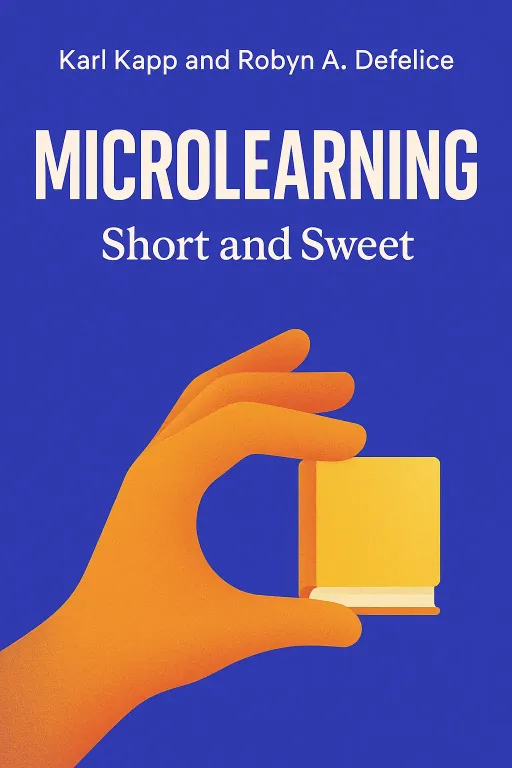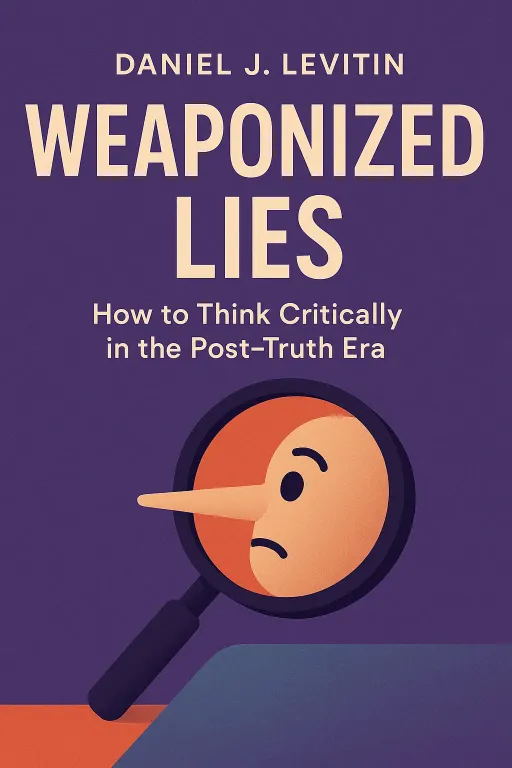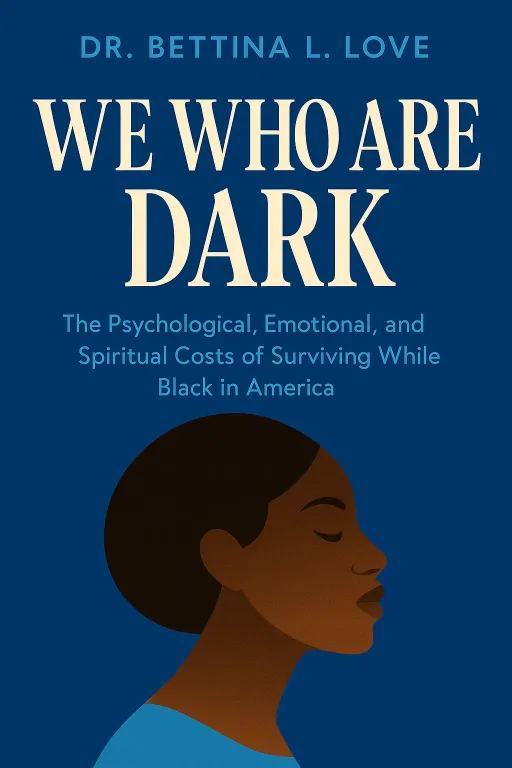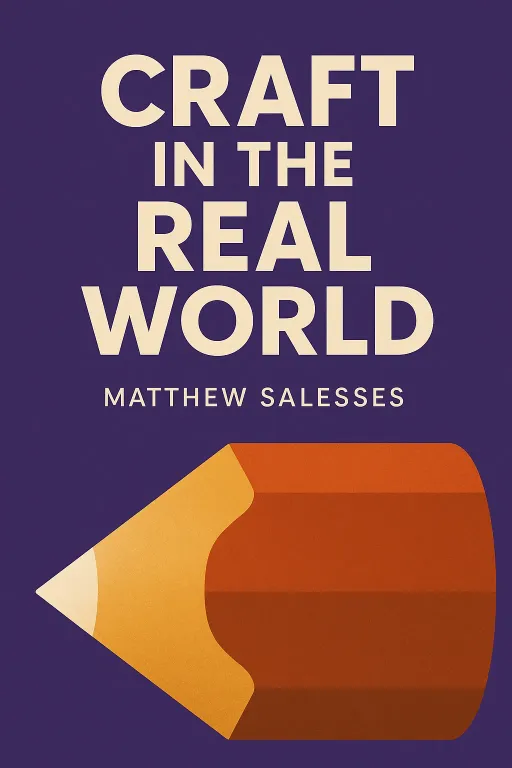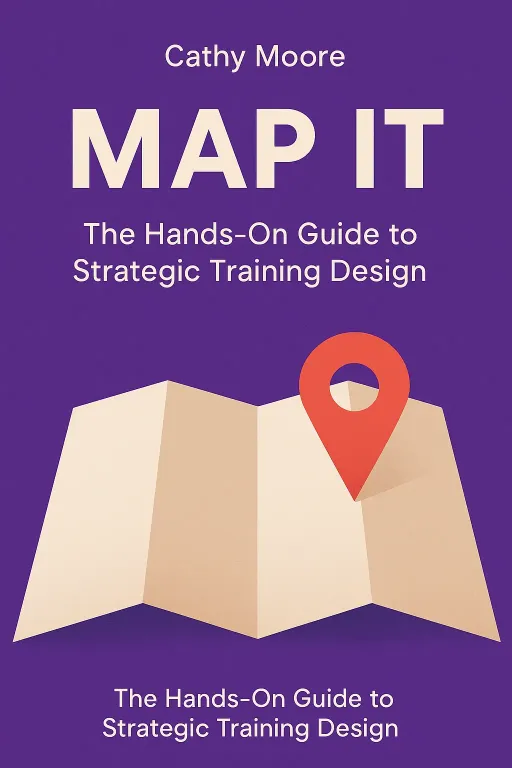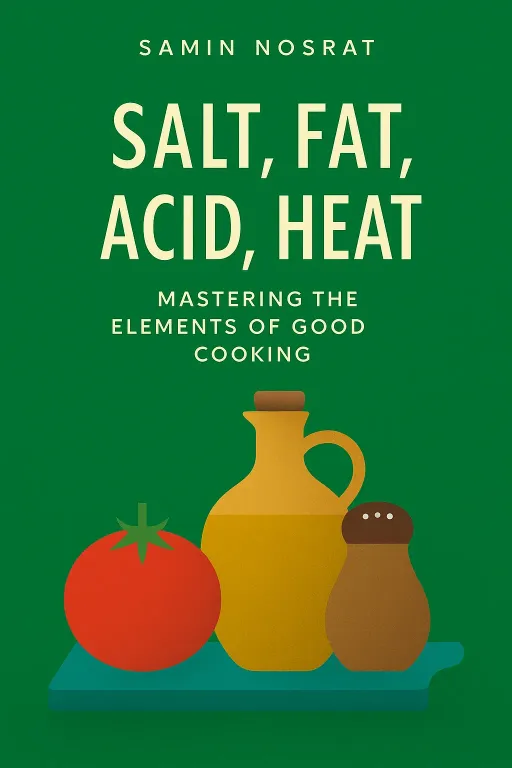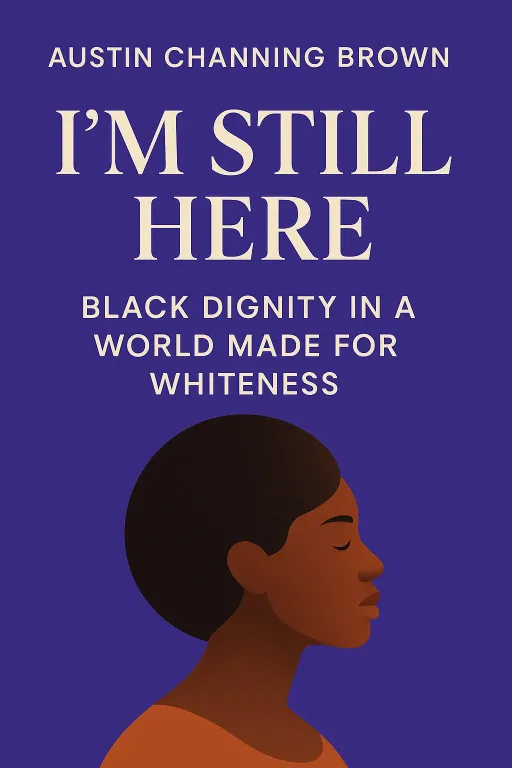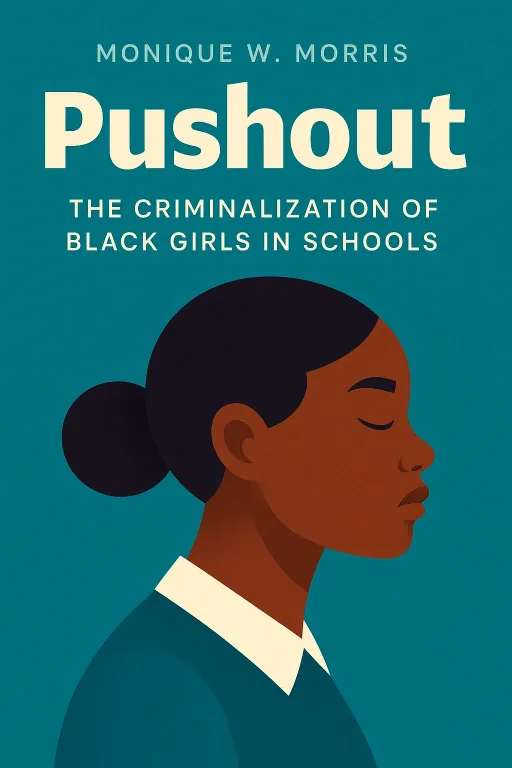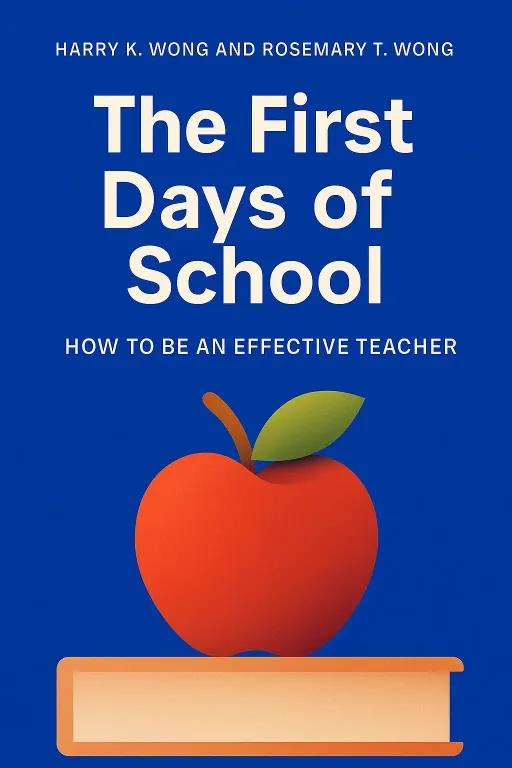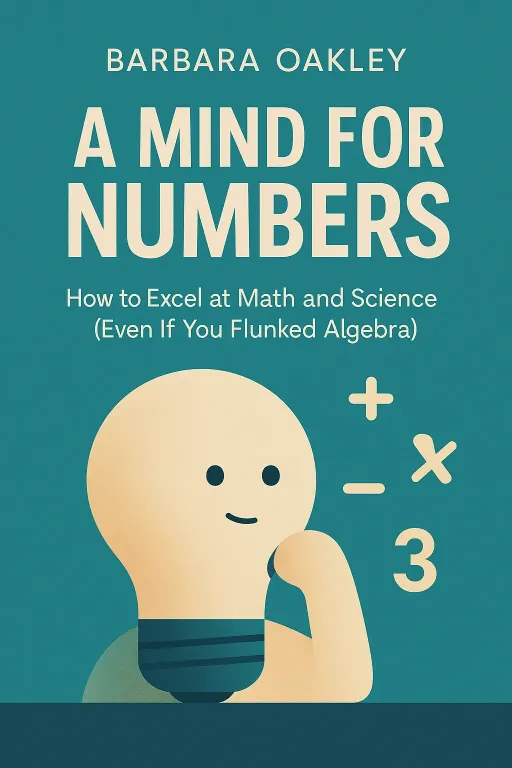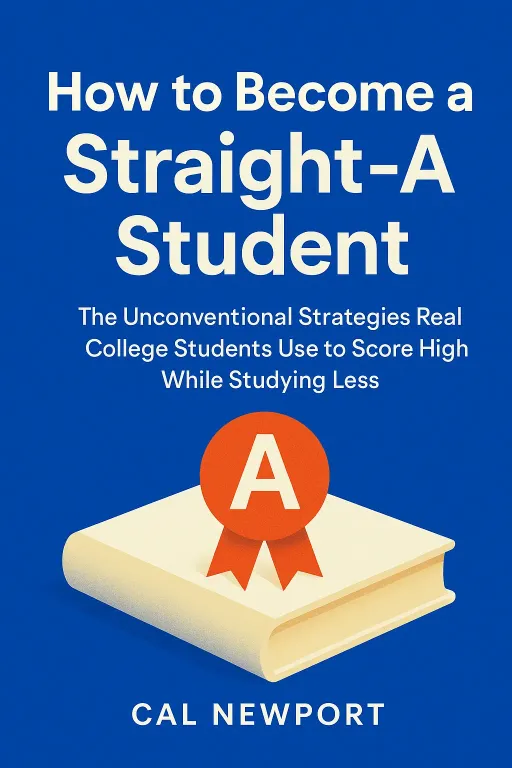
The War on Pseudo-Work
10 minThe Unconventional Strategies Real College Students Use to Score High While Studying Less
Golden Hook & Introduction
SECTION
Laura: Alright Sophia, be honest. What was your go-to, last-minute, panic-fueled study snack in college? Sophia: Oh, easy. A family-size bag of Cool Ranch Doritos and a two-liter of Diet Coke. I called it 'The Triangle of Despair.' Why, are you about to tell me that was a bad idea? Laura: I think you already know the answer to that. But that image—the desperation, the junk food, the late-night panic—is exactly what today’s book wants to completely eliminate from college life. We are diving into How to Become a Straight-A Student by Cal Newport. Sophia: Cal Newport. That name sounds familiar. Isn't he the "deep work" guy? Laura: The very same. And what's wild is that Newport isn't some self-help guru; he's a full-on computer science professor at Georgetown University. He wrote this book based on what he saw real, top-tier students actually doing, not what professors thought they should be doing. Sophia: A computer scientist writing a study guide? That's unexpected. I'm guessing it's very... logical? Laura: Exactly. It’s an engineer's approach to de-bugging your study habits. And his first logical step is to diagnose the real problem, which he argues isn't the workload or the difficulty of the material. It’s something much more insidious.
The Myth of the Grind: Exposing 'Pseudo-Work'
SECTION
Sophia: Okay, I'm intrigued. If it's not the mountain of reading or the impossible problem sets, what is it? Laura: He gives it a name that I think will resonate with anyone who's ever pulled an all-nighter. He calls it "pseudo-work." Sophia: Oh my god, 'pseudo-work' is the perfect term! It’s scrolling Instagram with your textbook open on your lap, feeling guilty but not actually reading a single word. It's being 'at the library' for six hours but spending four of them getting coffee and complaining with your friends. Laura: You just perfectly described a story from the book. Newport talks about the students at Dartmouth's 24-hour library. They're huddled in groups, mainlining coffee, surrounded by stacks of books, and moaning about how much work they have. They look and feel like they're working incredibly hard. But in reality, they're accomplishing almost nothing. Sophia: I feel so seen right now. That was my entire freshman year. But hold on, while I get it for a history class where you can skim, what about for a STEM major, like Newport himself? Don't you just need more raw hours for something like organic chemistry or advanced physics? Is this advice universally applicable? Laura: That's the million-dollar question, and it's a criticism that's been leveled at the book. But Newport uses his own story as the primary evidence. He entered Dartmouth as a freshman relying on what he calls the "brute force" method—just rereading notes over and over. His grades were inconsistent, and he was stressed out. Sophia: Sounds about right. Laura: So he started experimenting. By his sophomore year, he had developed a new system. The result? He scored 35 perfect A's and one A- in his last 36 courses. And he says he was studying less than his struggling roommates. He even had to pretend to go to the library during finals so he wouldn't demoralize them. Sophia: Whoa. Okay, that's a compelling data point. So he wasn't just a genius who found it all easy? Laura: Not at all. He argues it was all about technique. He had another revelation his senior year when he was inducted into Phi Beta Kappa, the honor society for the top students. He expected to find a room full of socially awkward super-grinds. Sophia: The classic stereotype. Laura: But instead, he found the magazine editors, the frat boys, the campus activists. They were all well-rounded, social people. And when he started surveying them, he found they had all independently discovered similar secrets. They had all rejected the brute force method and found a more efficient way. They were waging a war on pseudo-work. Sophia: So the core idea is that the time you spend studying is almost irrelevant if the intensity is low. Laura: Precisely. He presents it as a simple formula: Work Accomplished equals Time Spent, multiplied by Intensity of Focus. The students in the library are spending a lot of time, but their intensity is maybe a 2 out of 10. The straight-A student, on the other hand, might only study for one hour, but they do it with an intensity of 10 out of 10. The work accomplished is vastly greater. Sophia: It’s the difference between wandering around a gym for three hours, occasionally lifting a dumbbell, versus doing a focused, high-intensity 30-minute workout. Laura: That is a perfect analogy. And most students are just wandering around the academic gym, wondering why they're not getting results.
The Straight-A Toolkit: Hacking Time, Space, and Focus
SECTION
Sophia: Alright, you've convinced me. I'm a recovering pseudo-worker. I lived in the Triangle of Despair. How do I get out? What's the actual toolkit these straight-A students are using? Laura: It's surprisingly simple. Newport breaks it down into three fundamental questions you have to answer before you even start studying: When, Where, and How Long. Sophia: Okay, let's break those down. When is the best time to study? I'm guessing not 2 a.m. fueled by Doritos. Laura: You guess correctly. The consensus from the students he interviewed was overwhelming: study early. Do your work between when you wake up and when you eat dinner. Your mind is fresher, there are fewer social distractions, and you're not fighting exhaustion. One student from Brown, Simon, said, "I try to never leave it until late at night." The evening is for relaxing, not for starting a ten-page paper. Sophia: That makes sense, but it also sounds idealistic. College schedules are chaotic. You have classes, labs, meetings, practice. It's not like a 9-to-5 job. Laura: And that's where the next piece of advice comes in. You have to learn to use the fragments of time. A student named Wendy from Amherst said she always carried a book with her to read whenever a pocket of free time appeared. Another student, Doris from Harvard, talked about sneaking in thirty or forty-five minutes of work between meetings. They treat these small blocks of daytime as golden opportunities. Sophia: So it’s about a mindset shift. Instead of seeing a 45-minute gap as "not enough time to start anything," you see it as "enough time to knock out one reading." Laura: Exactly. Now for the second question: Where? Sophia: Let me guess. Not in your dorm room with Netflix on in the background. Laura: You're on a roll. The book is ruthless about this. A student named Greta from Dartmouth put it perfectly: "If you stay in your dorm, it seems like no one is studying... because they aren’t." The number one rule is to study in isolation. Your dorm is for sleeping. The main floor of the library is for socializing. You need to find a hidden corner, a deserted classroom, or a quiet coffee shop where no one knows you. Sophia: I had a spot like that! It was a single carrel on the third floor of the music library, facing a brick wall. It was profoundly uninspiring, which made it perfect for getting work done. Laura: That's the ideal. And another student, Christine from Harvard, is just as blunt about another common mistake. Her quote is simply: "Studying in bed has never worked." It’s a place associated with sleep, not intense focus. Sophia: My back hurts just thinking about trying to write a paper hunched over a laptop in bed. So, we have study early, and study alone. What's the last piece? How long? Laura: This one might be the most counter-intuitive. The rule is: never study for more than one hour at a time without taking a break. Sophia: One hour? I've definitely tried to pull six-hour marathon sessions before an exam. Laura: Newport would say those were probably six hours of pseudo-work. The students he interviewed were incredibly consistent on this. They'd work for about an hour, then take a 10-15 minute break to completely disengage. Walk around, listen to music, grab a snack. This allows your brain to recharge and maintain that high level of intensity. Anything longer, and your focus starts to plummet, and you slip right back into pseudo-work. Sophia: It’s like a series of sprints instead of a long, slow, painful marathon. Laura: That's the entire philosophy in a nutshell. High-intensity sprints, with real rest in between.
Synthesis & Takeaways
SECTION
Sophia: So, the big picture here is that getting straight A's isn't about being a genius or a hermit. It's about being a ruthless strategist with your time and attention. You're basically fighting a daily war against the low-intensity fog of 'pseudo-work.' Laura: Exactly. And Newport's ultimate point, which I think is so important, is that this isn't just about grades. It's about reclaiming your college experience. The goal of efficiency isn't just to get an A; it's to get an A and still have time to join the school paper, go to parties, and actually enjoy being 20 years old. Sophia: That’s the part that gets lost. People think it's a zero-sum game. Either you have a great GPA or you have a great social life. Laura: And he argues that's a false choice, a myth perpetuated by inefficient habits. The book is really a manual for taking control of your own life, not just your transcript. One of the students he quotes, Chris, says it best: "All the people I ever admired and respected led balanced lives—studying hard, partying hard, as well as being involved in activities and getting a decent amount of sleep... I really think this is the only logically defensible way of doing things." Sophia: I love that. "The only logically defensible way." It's so beautifully nerdy. So for anyone listening who feels like they're drowning in work, maybe the first step isn't to schedule more library time, but to just find one hour tomorrow, go somewhere totally isolated, and see what you can actually get done. No phone, no friends, just one hour of pure focus. Laura: That’s the perfect first experiment. And we'd love to hear your own 'pseudo-work' horror stories or your favorite secret study spots. Find us on social media and share them. It's a struggle we've all been through. Sophia: This is Aibrary, signing off.
